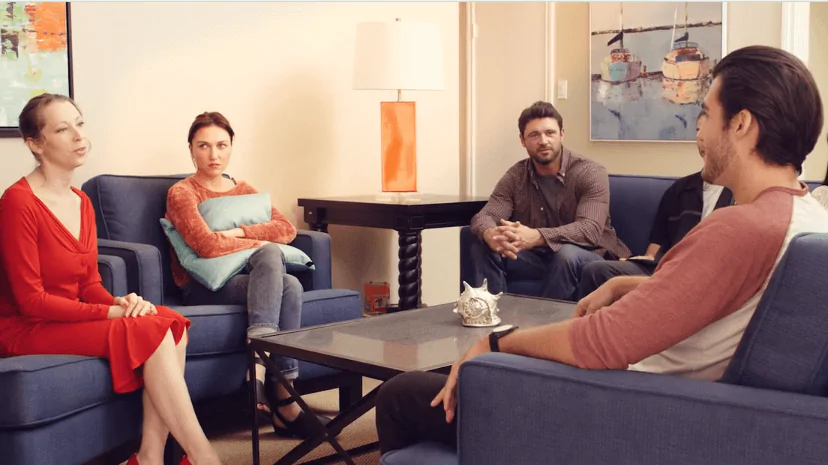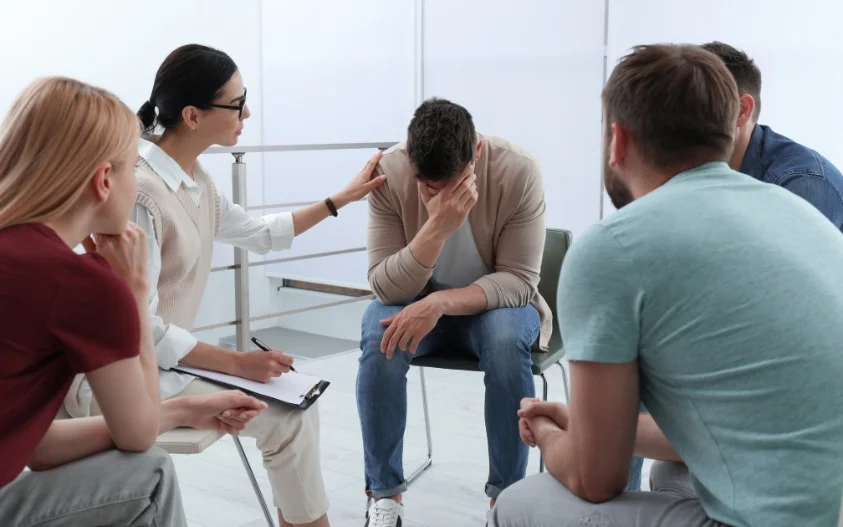24/7 Helpline:
(866) 899-221924/7 Helpline:
(866) 899-2219
Learn more about Medication-assisted Treatment centers in Richland
Medication-assisted Treatment in Other Cities

Other Insurance Options

Optima

BHS | Behavioral Health Systems

Magellan

American Behavioral

Lucent

Health Choice

State Farm

Oxford

Covered California

PHCS Network

ComPsych

CareFirst

BlueCross

Cigna

Health Partners

Medical Mutual of Ohio

Kaiser Permanente

Choice Care Network

Meritain

Premera









First Step Community Counseling Services
First Step Community Counseling Services is a private rehab located in Kennewick, Washington. First ...

Action Counseling
Action Counseling is a private rehab located in Kennewick, WA. Action Counseling specializes in the ...

MERIT Resource Services
MERIT Resource Services provides quality outpatient alcohol drug counseling services. MERIT Resource...




































Advocates for Wellness
Advocates for Wellness is a private rehab located in Kennewick, Washington. Advocates for Wellness s...

Ideal Balance
Ideal Balance is a private rehab located in Kennewick, Washington. Ideal Balance specializes in the ...
















